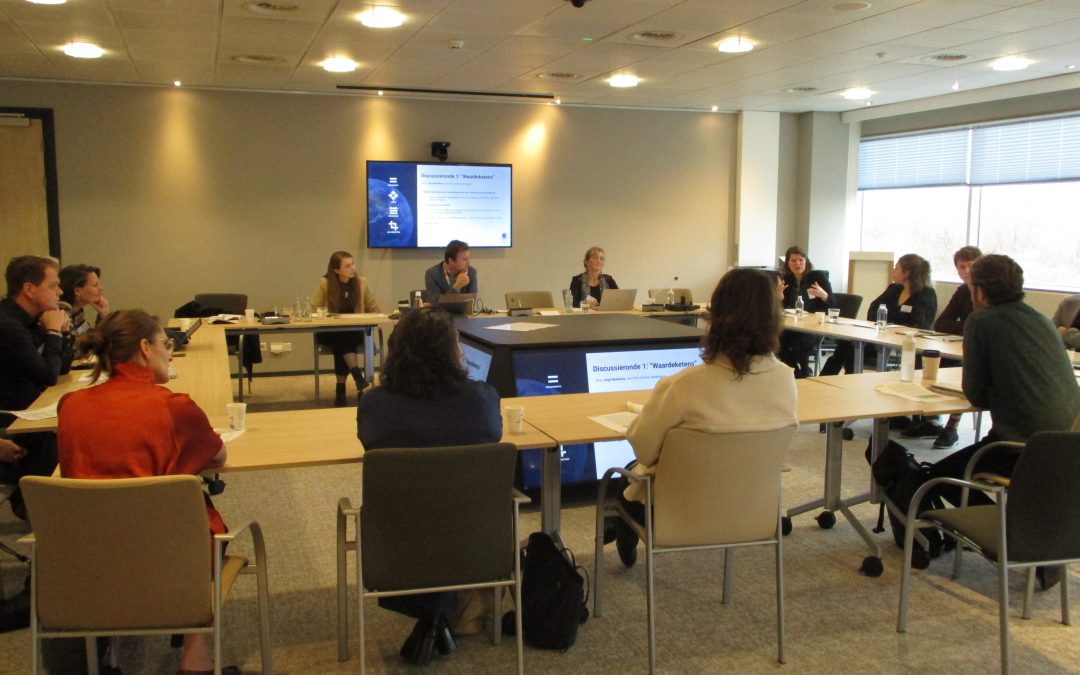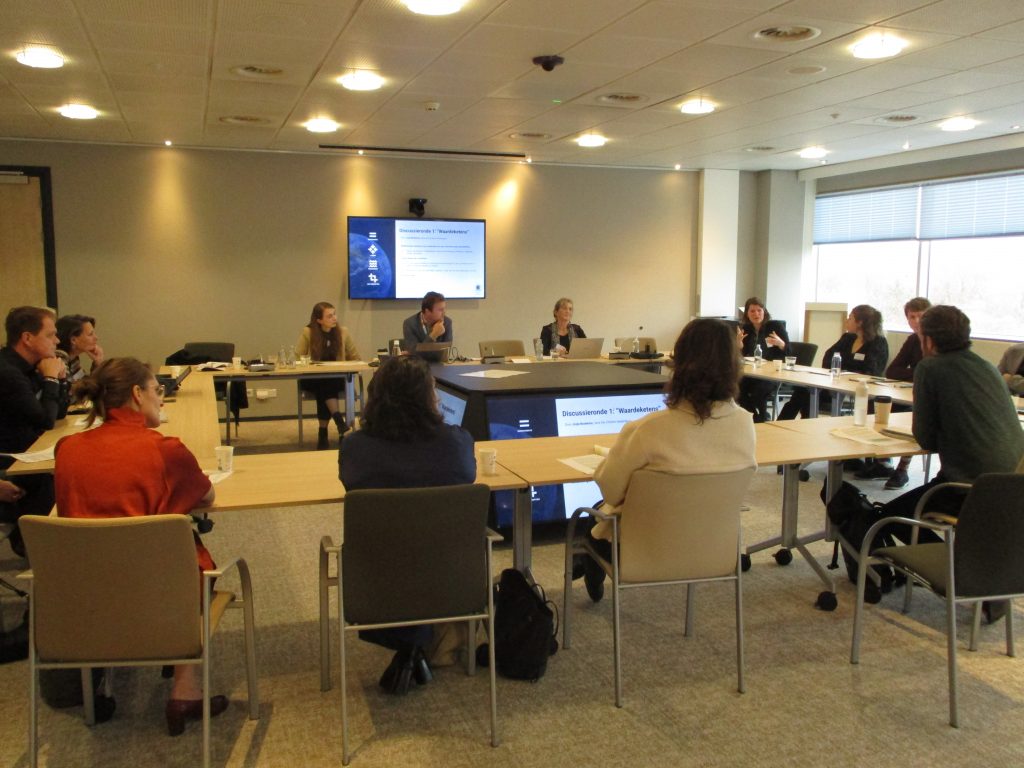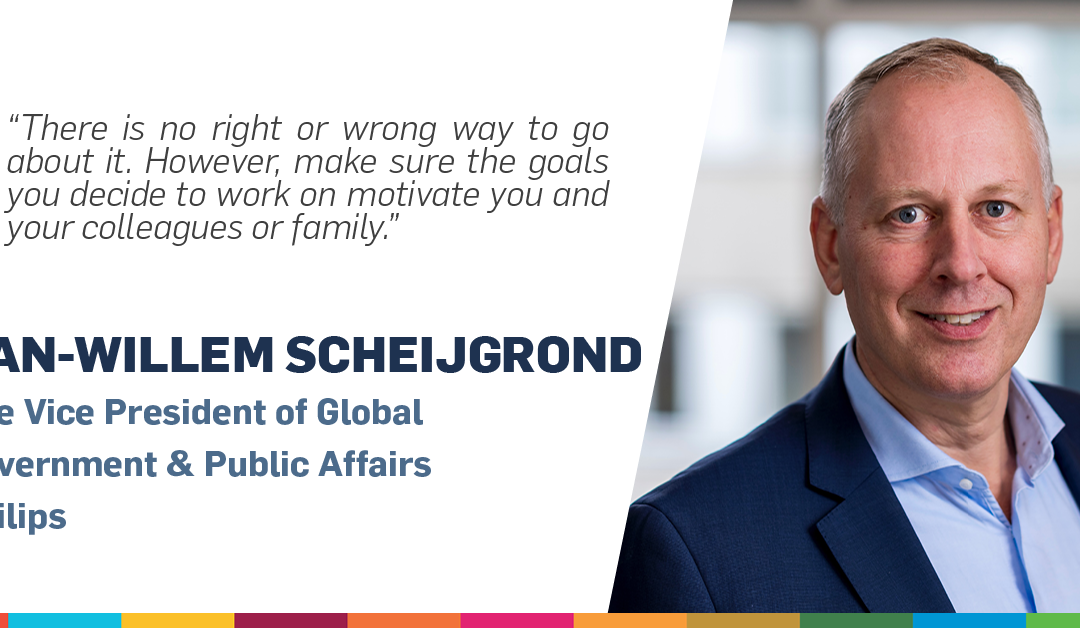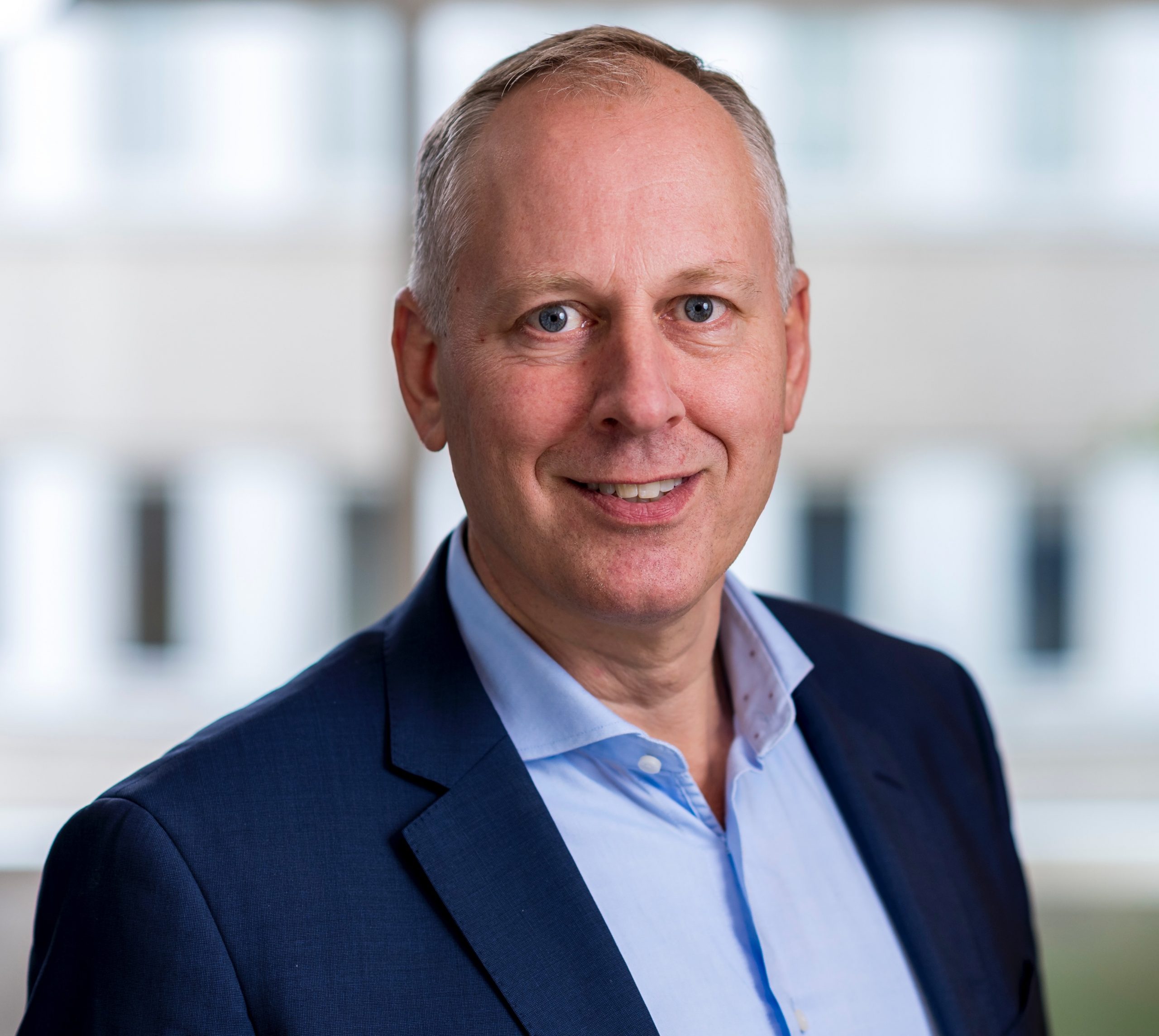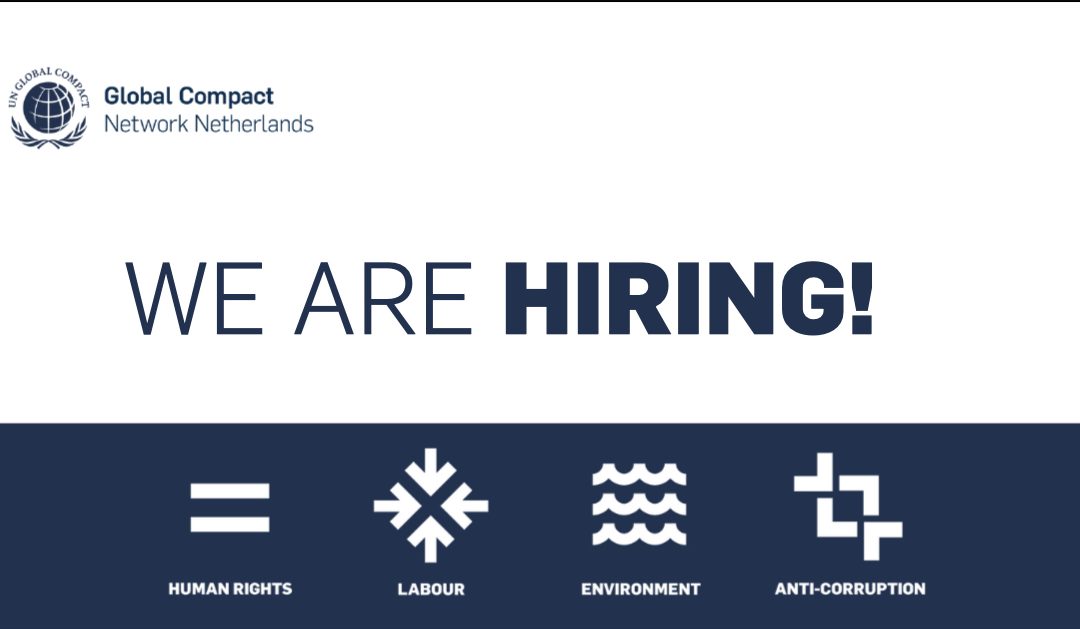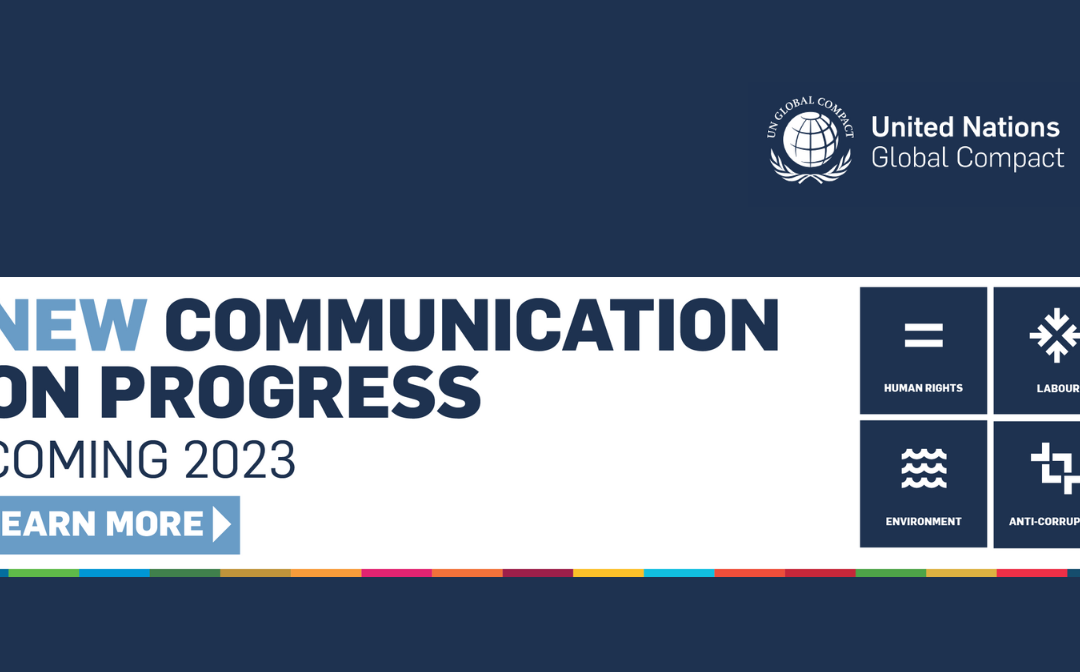
A new way to communicate your progress is coming
A new way to communicate your progress is coming in 2023
When you join the UN Global Compact, you are taking an important, public step to transform our world through principled business. Participation makes a statement about your values, and it benefits both society and your company’s long-term success. The Communication on Progress (CoP) is a visible expression of a company’s commitment to sustainability which is mandatory to comply with annually.
This year, we launched our new reporting system for our CoP. With this new format, we will transition from a narrative format to a standardised questionnaire supported by a digital platform that will facilitate the reporting of the UN Global Compact’s 10 principles to our participating companies.
This 2022 ten Dutch participants participated in the ‘early adopter program’ testing the new reporting system. Thanks to their support we have improved the platform and will be available to all the business participants next March 2023. What do you need to know for next year’s CoP?
New unified deadline
We will also introduce a universal submission period that runs from 1 March through 30 June each year starting in 2023. The companies that don’t report before June 30th will appear on our website as Non-Communicating and will be able to submit their CoP until the 31st of December. The companies that will fail to report will be delisted and automatically expelled from the Global Compact from the 1st of January 2024.
Why is the new CoP better?
The new Communication on Progress will result in improved data that drives sustainability progress and enables participating companies like yours to:
- Build credibility and brand value by showing their commitment to the Ten Principles and the Sustainable Development Goals.
- Measure and demonstrate progress to stakeholders on the Ten Principles and the Sustainable Development Goals, in a consistent and harmonized way.
- Receive insight, learn and continuously improve performance by identifying gaps, accessing guidance, and setting sustainability goals.
- Compare progress against peers with access to one of the largest sources of free, public, and comparable corporate sustainability data.

Your communication process ready in 2 steps
The new reporting system will have 2 mandatory steps:
- Step 1: Complete the online questionnaire
- Step 2: E-sign the CEO’s statement of continued support
Do you want to know more? Take a look at the new CoP policy, the questionnaire, and the questionnaire guidebook where we explain the structure of the questionnaire as well as a deep dive into each question and how it related to reporting standards.
Do you have questions about the new CoP? Join our upcoming Q&A webinar on December 13th at 2 PM.
Register by clicking here.

